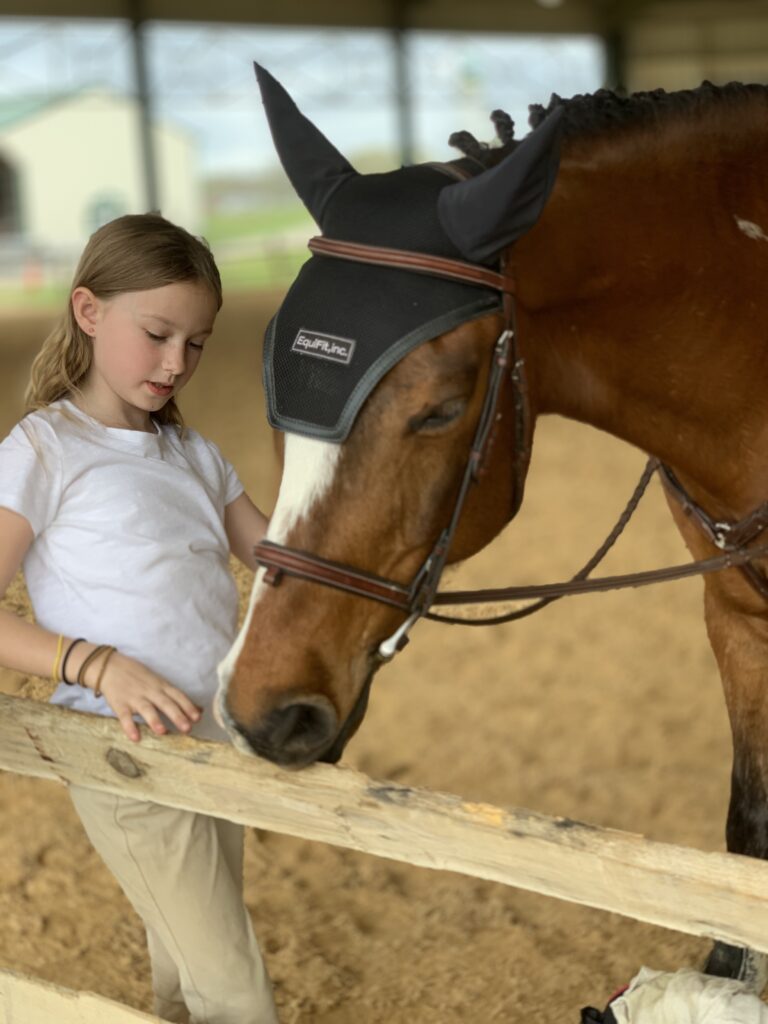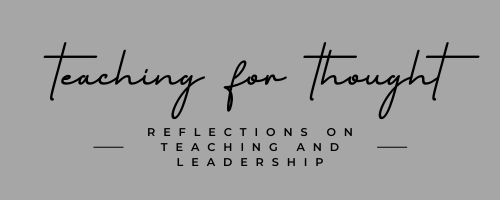One Classroom Rule

I found the idea of creating classroom rules a conundrum. Knowing that kids are so attached to the concepts of fairness and boundaries, how can we possibly create a comprehensive list?
Through many years in the classroom, I never found a reason for more than one rule:
Be respectful,
of yourself,
of your class,
of your school,
of your family,
of your community,
of your world.
I would usually go through the exercise of spending a few days coming up with all of the rules we can think of as a class. We would end up with a huge list, taking any number of pages of chart paper. We would always struggle to create a complete list.
After a few days of returning to the discussion, seeing if we had thought of any rules that were not included, I would suggest us having one rule: Be respectful.
All rules of the classroom and of our lives are included in that one rule.
We always go through our endless list to be sure every smaller rule is encompassed in our new one and only rule. That discussion helps fill out what we mean by our one rule. And, it prevents the endless discussions about the meaning of any and every detail of the list of rules.
And, it is respectful of the brains of our students. “Be respectful” has faith that the kids do know how to treat each other, how to treat our space, and that a moment of thought could fix most questions of rules. And, if they do not know, it sets up a wonderful class discussion. (Ex. Is it okay to borrow a pencil from someone’s desk when they’re in another class?) Rules are always up for interpretation, and our students are capable of interpreting.
Ultimately:
“Be respectful” prevents all sorts of shallow corrections, and trains the students to reflect on their own behavior.
One rule starts discussions of respect and kindness rather than ending them.
In my resources, I have placed a number of designs in case you want a printable “One Rule”.
Notable Thoughts and Research:
Another teacher’s description of the encompassing nature of one rule







Great thread. These are also useful concepts for families with littles. Thank you!
I love this. After many years of teaching, I’ve realized this is what is important. It avoids the need for a list of rules and it empowers students. Educators have invested a lot of time coming up with tangible rewards for long lists of appropriate behaviors and students still feel empty. I love it when my students say they behave respectfully because that is “who they are”. That positive sense of self is a far better reward than any candy, ticket, or trinket.
This is similar to my university’s honor-system code. Rather than a long list of rules, it was: Don’t take unfair advantage of another member of the community.